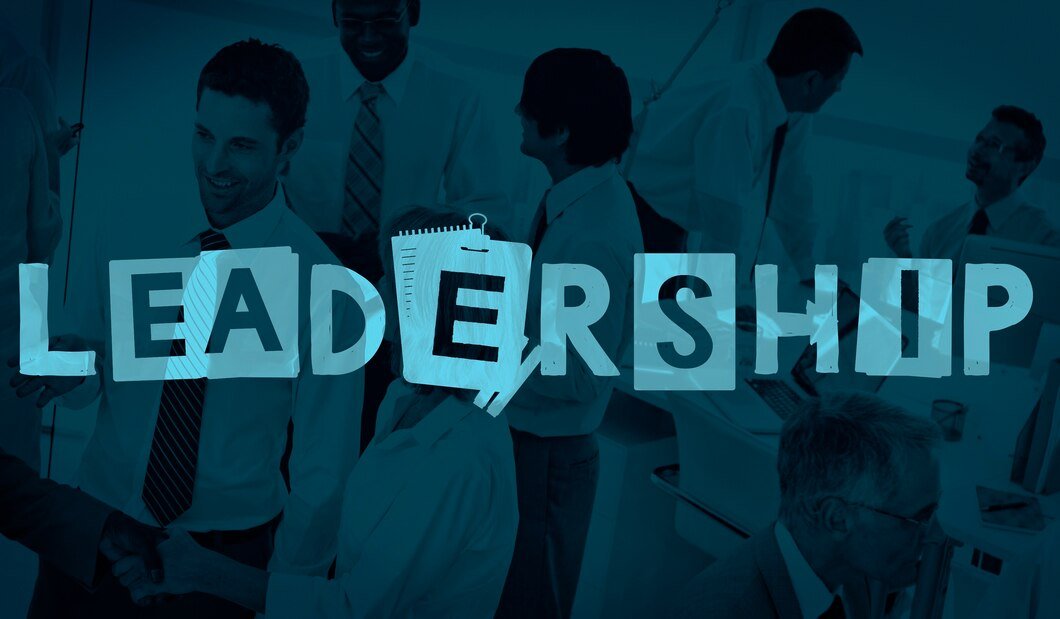Crisis Management and Resilience
Life, as well as business, is uncertain; one never knows when the crisis will break out. Whether it is a physical catastrophe such as an earthquake, a failure in finance, a medical condition or an unexpected organizational problem, resilience is imperative. This is where crisis management and resilience come into play. In this sense, risk management is not about avoiding risks or eliminating the uncertain factors that affect the organization, as will be described later on in this paper.
What is Crisis Management?
Crisis management is a broad term that is used to describe the pre-cri sis, during-cri sis, and post-crisis approaches to handling a problematic situation. The idea is not to escalate a problem, keep the issues from spiking out of control and again regain some normalcy. For business applications, it may mean creating confidence with customers, safeguarding people or decreasing organizational vulnerability. For individuals, it refers to the strategies that people use in order to manage problems as well as one's psychological state.
A good crisis management plan includes:
Preparation: Possible risks and subsequent action plans. Communication: Ensuring that everyone remains in the loop should there be an emergency. With clear and nonrestrictive information, people are less panicked and more trusting.
Action: As in crisis management, the detected problem should be addressed immediately but with much attention to avoid similar mishaps in the future.
Recovery: This is the process of improving on particular issues that the organization encountered in that crisis in a bid to prevent further occurrence in the near future.
Building Resilience
Resistance is the degree to which the individual or group can cope with difficult or stressful circumstances. But really, it is something you can work on and get better at – like any other muscle. Why are some individuals and organizations more resilient in a crisis, and how do they build that kind of resilience that not only enables them to cope with adversity but come out better on the other side?
Here are some ways to build resilience:
Stay Positive: Eliminate what you cannot control and focus on what you can. Applying positive thinking makes one discover the solution more quickly.
Be Flexible: BY being flexible, you are ready to find other ways and means of achieving your objectives.
Build Support Networks: For people who have friends, family or colleagues they can rely on, it becomes easier for them to confront challenges.
Learn from Experience: Like every disaster, every crisis is good in the sense that it has a lesson to offer. It would be helpful to do that for future preparedness purposes.
Why is it important to learn such skills?
Community management and sustainability are essential because conflict is always inevitable. Lack of preparations always leads to loss of customers and deterioration of reputation, and, worst, companies may close down. Likewise, if you find yourself low on coping strength, you are most likely to battle stress, anxiety or burnout any time there is pressure. Consider COVID-19 as an example of how the divisions between advantages and
disadvantages can be blurred. These companies had sound tactical plans for managing a crisis that saw them adopt such measures as implementing remote working practices, keeping in touch with subordinates and, above all, putting into consideration measures that will ensure employee safety. Likewise, people with resilience adapted to new circumstances and searched for opportunities to maintain relationships and work efficiently with a positive mental attitude.
Final Thoughts
At the same time, it would be unwise not to note that crises raise stress and overwhelm the critical level, but they are excellent chances for change and development. With the notion of preparedness and stress, you experience difficult circumstances without worry and are ready to come out of them more potent. What we have to avoid, though, is never having to challenge to start with – it is about being prepared to take a challenge and come out on the other end more potent than before.
-black.png)










